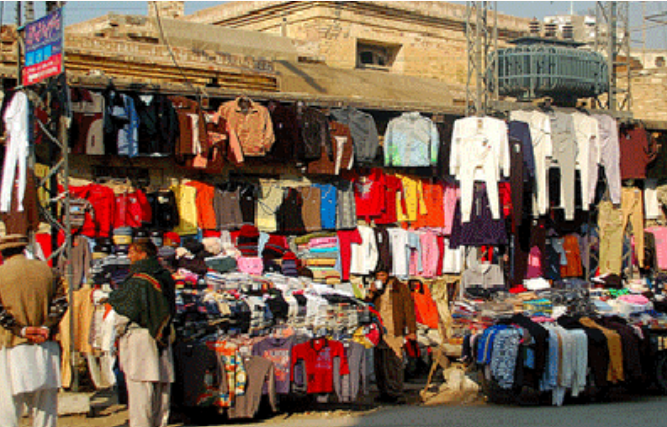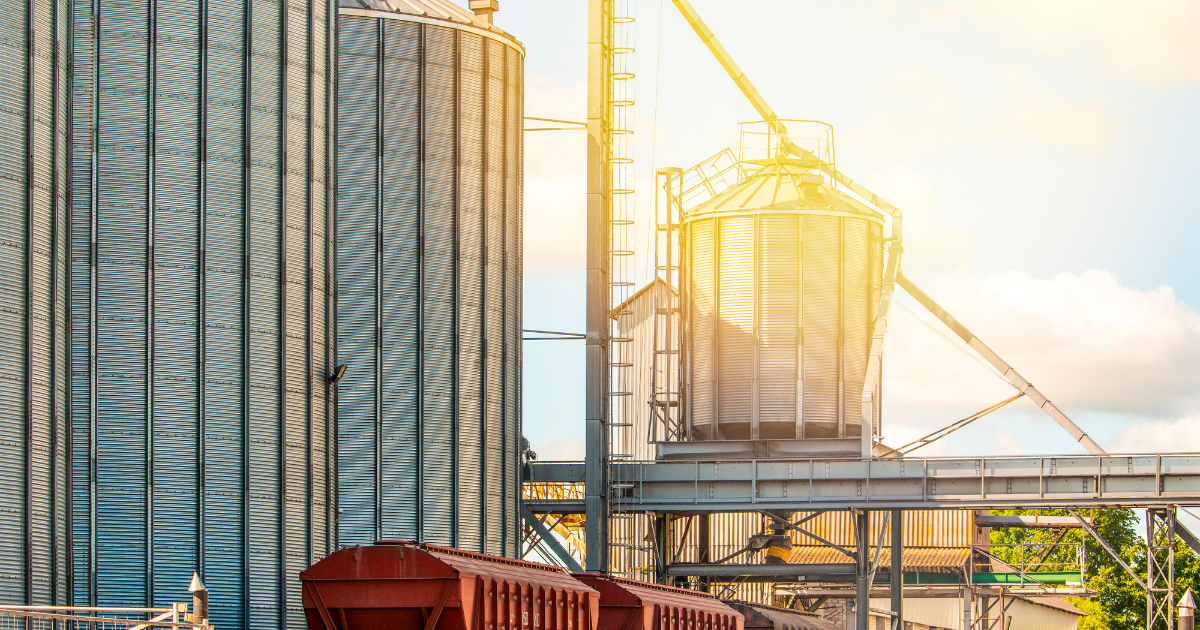Inflation, the sustained increase in the general price level of goods and services in an economy, is wreaking havoc on Pakistan's industries. This economic menace erodes the purchasing power of consumers, leading to a downward spiral of economic activity. Pakistan is struggling with rising inflation rates that endanger its economic stability, much like many other nations. In this blog, we will explore the multifaceted effects of inflation on various sectors of Pakistan's economy, from manufacturing to construction, and delve into potential solutions to mitigate the crisis.
The Root Causes of Inflation

Several factors contribute to Pakistan's inflationary woes. First and foremost, the global surge in oil prices has led to increased energy costs, affecting industries across the board. The devaluation of the Pakistani rupee increases the cost of imported goods. Additionally, the relentless rise in food prices has added an extra burden to the average consumer's wallet.
The Grim Economic Scenario

According to the report of the State Bank of Pakistan, the country achieved an impressive 6% GDP growth rate in the fiscal year 2021-2022. However, the situation has taken a dire turn, with the GDP growth rate plummeting to 2% in January 2023. Projections suggest that it may dip below 2% by the end of fiscal year 2022-2023. Unemployment, too, has surged, with estimates indicating that between 10 million to 12 million people in Pakistan are now unemployed
Manufacturing Sector Under Siege
The manufacturing sector, a vital pillar of Pakistan's economy, is feeling the heat of inflation. As raw material and energy prices surge, production costs skyrocket, making it challenging for manufacturers to stay competitive. This, in turn, forces them to increase product prices, ultimately hurting consumers who can no longer afford these goods. Consequently, demand for manufactured products decreases, further exacerbating the industry's struggles.
Services Industry Under Strain
The services industry, too, bears the brunt of inflation. Rising prices for goods and services squeeze the margins of businesses, making it challenging for them to serve their customers. The increasing cost of living also diminishes consumers' ability to afford services, leading to reduced demand across the sector.
Stock Market Downturn
The stock market is not immune to the pervasive effects of inflation. As the costs of running businesses surge, companies struggle to maintain profitability, leading to a decline in stock prices. Moreover, the rising cost of living discourages people from investing in the stock market, further suppressing demand for stocks.
Agriculture Sector's Plight
Inflation's impact is equally harsh on the agriculture sector. As food prices soar, farmers face difficulties selling their products. Rising energy costs make it costlier to produce and transport goods, pushing many farmers to the brink of reducing production or even leaving the industry altogether. This creates a ripple effect, affecting both rural and urban communities.
Textile Industry in Turmoil

One of the hardest-hit sectors is the textile industry, which accounts for a substantial 60% of Pakistan's exports. The industry faced a significant setback in 2022-2023, with textile exports dropping by 15% to $16.5 billion. Political instability, which began in April the previous year, has contributed to this decline. The political chaos and policy reversals have left many textile factories shuttered, resulting in the loss of nearly 700,000 jobs within a year.
Construction Industry Struggles
Inflation has also taken a toll on the construction industry. The increase in prices, coupled with a reduction in construction projects, has left daily wage earners and skilled workers without work. The ban on government development schemes has further constricted contractual employment opportunities. The construction sector has seen a staggering 50% reduction in work volume, while the prices of construction materials continue to rise.
Zaraye's Efforts in the Face of Adversity

Amid these daunting challenges, organizations like Zaraye have stepped in to support and empower SME industries. By providing critical assistance and resources, Zaraye aims to help manufacturers weather the inflation storm. One notable initiative is the launch of credit solutions via our partnership with Invoicemate, allowing manufacturers to procure materials and resources on credit, easing their financial burden and fostering continued growth.
Pakistan's industries are facing an uphill battle against the unrelenting force of inflation. As prices rise and economic prospects dim, the need for innovative solutions and concerted efforts to stabilize the economy has never been more critical. Pakistan's policymakers, businesses, and citizens must work together to mitigate the devastating impact of inflation and chart a course toward economic recovery and prosperity.















.png)




